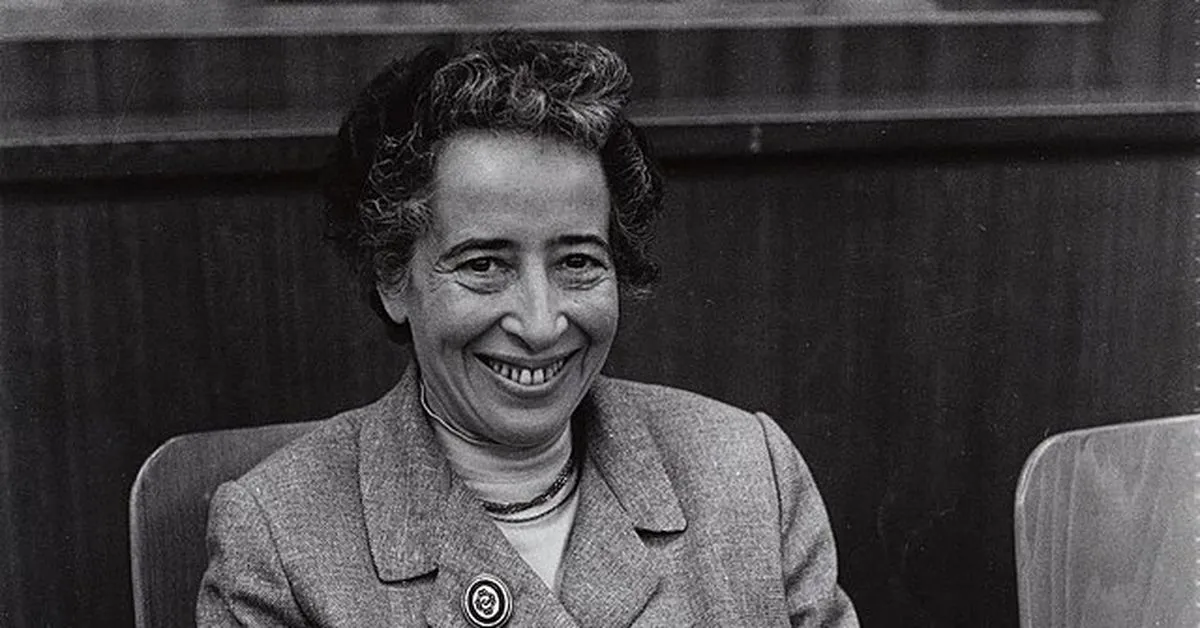It is both an act of freedom, and something that sets people free, said political philosopher Hannah Arendt. Bitcoin mining is more than just a method of validating blocks and acquiring bitcoins as a reward; it is an exercise in positive freedom, where miners are active contributors in a network, and the work they do shapes the ecosystem’s present and future.
Isaiah Berlin’s dual interpretations of negative and positive liberty provide insight into the significance of mining in relation to freedom. Negative liberty emphasizes an individual’s freedom from intervention from governments and other people, while positive liberty necessitates action; it is not just about the potential of doing something, but the act of doing it.
A third type of freedom, republican or neo-Roman liberty, is an understanding of human rights where people should be able to live free from subjection, deference, and vulnerability to the arbitrary will of others. In the context of Bitcoin, mining encapsulates this positive freedom in the sense that miners are not bystanders but instead active validators; they keep the decentralized system in check and ensure that transactions are genuine.
Bitcoin mining is permissionless, meaning anyone with the right tools can join the decentralized network. It is democratic, and collective participation strengthens the system. While the ideal situation might be small-scale individual miners competing in the free market, publicly-traded bitcoin miners or other forms of community-ownership like mining pools are the next-best thing.
In essence, Bitcoin mining is a profound exercise in positive freedom. Every miner is a political actor, actively shaping and preserving the network’s ethos of decentralization and Bitcoin freedom.
